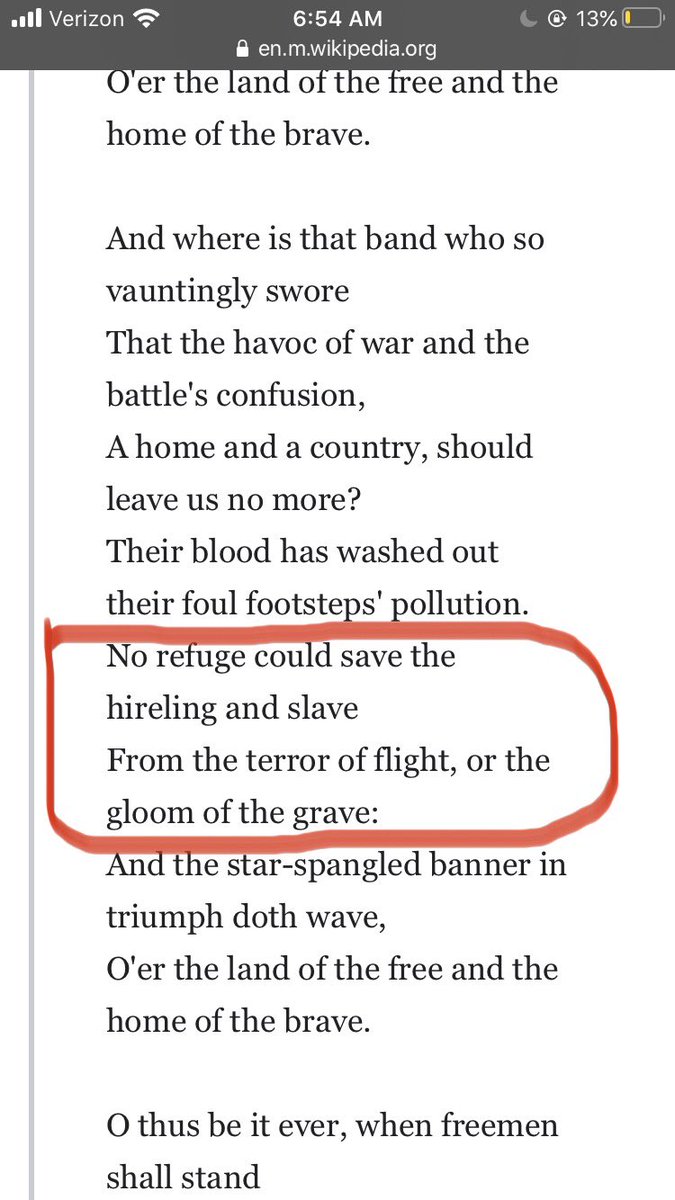

It is well-documented that Key hated the abolitionists of his time, and wielded his legal acumen to stifle the abolitionist movement in Maryland. As an adult and slave owner himself, he adopted and reflected the mindset of the times, and through career as lawyer and U.Sa attorney for the District of Columbia, thwarted any potential threat to his life of privilege and to the system of slavery. Born into 18th century aristocracy and privilege on his family’s plantation in Maryland, it was his birthright to uphold that legacy of wealth and social status, along with the family’s way of life, which included owning several slaves.

What many of us have not learned in school is more about the character of the man, the poet of our national anthem. The poem’s original name was “The Defence (sic) of Fort M’Henry ” the name was changed when it was later set to music. American troops at Fort McHenry withstood the night’s British attack during the Battle of Baltimore. 14, 1814, Key was moved to write a poetic tribute to the American flag still intact and waving in the wind, fog and rain. He also referred to black people as “a distinct and inferior race of people.” By this he was implying that since blacks are "inferior," their masters should treat them with more "Christian kindness." Key was about as pro-slavery as they come.We learn in elementary school that the “Star Spangled Banner” was a poem written by Francis Scott Key during the War of 1812, and that at dawn on Sept. He also abused his powers as a lawyer by prosecuting abolitionists. So if there's more to the song, why don't we ever hear the whole thing?įirst of all, Key owned several slaves. What some people don't know is the national anthem is longer than the one verse we hear at sporting events. Ever since, more and more athletes have joined Kaepernick in their act of resistance against President Donald Trump. The movement began gaining momentum once NFL quarterback Colin Kaepernick took a knee during the national anthem before a game. However, the song has recently been the central focus of the movement against racism. This inspired Key to write the song, "The Star Spangled Banner." In the midst of the war, Beanes was attacked by the British. Key was a poet, an attorney, and, at one point, a prisoner aboard a British ship during the War of 1812 - in an attempt to save his American friend, Dr.


 0 kommentar(er)
0 kommentar(er)
